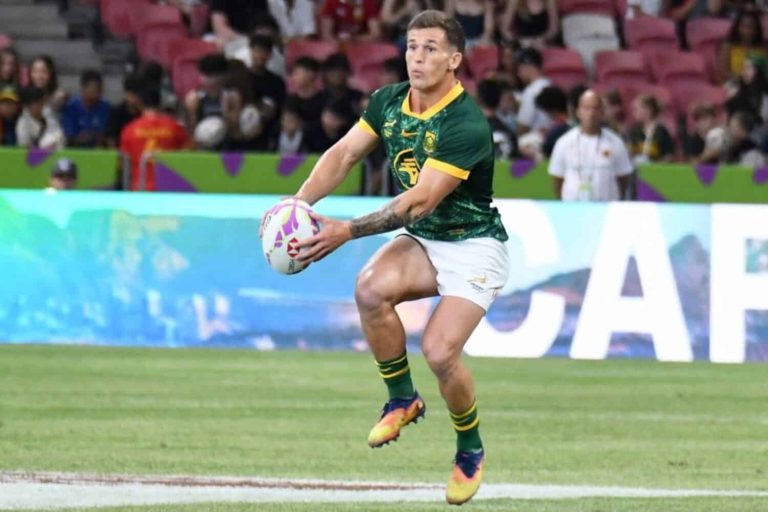
The National Gambling Board (NGB) has reported a significant rise in mental health distress linked to sports betting.
According to the NGB’s 2024-25 annual report, calls to the National Responsible Gambling Programme (NRGP) helpline rose by 623% in the past year, from 140 000 to more than one million calls.
Problem gambling increased to 31%, up from less than 6% in 2017, while referrals for counselling and treatment grew by 55%.
Referrals among people aged 18 to 35 more than doubled, rising from 787 to 2 034 in the past year.
A South African study published on PubMed Central found that 40% of helpline callers felt unable to stop gambling without professional help, 32% reported financial problems, and 13% faced legal issues. Other issues included alcohol abuse (11%) and illicit drug use (6%).
ALSO READ: Cape Town Kite Festival to soar for mental health
Problematic gambling and social impact
Psychiatrist and South African Society of Psychiatrists (Sasop) member Dr James Burger said about two-thirds of South Africans engage in some form of gambling, but around 4%, roughly two million people, show problematic or compulsive gambling behaviour.
“For many, gambling offers excitement, social connection, and the hope of quick financial gain, but the rise of online betting is driving a sharp increase in problematic gambling, especially among young people,” he said.
Sports betting is now the largest and fastest-growing form of gambling in South Africa. According to the NGB, it grew by 76% year-on-year in 2023-24.
South Africans wagered R761 billion on sports events, mostly online, accounting for two-thirds of all gambling spend.
Burger said the consequences of problem gambling extend beyond financial losses.
“People negatively affected by gambling report workplace problems, relationship breakdowns, domestic violence, and poorer mental and physical health. Feelings of shame and debt can increase the risk of suicide,” he said.
He warned that even those who do not meet the clinical criteria for gambling disorder may experience serious social, emotional, and financial harms.
Signs include secrecy, spending beyond one’s means, neglecting family or work, and feeling anxious or guilty about gambling.
Reducing harm and seeking help
Burger recommended strategies to minimise harm, including setting spending limits, taking regular breaks, and avoiding gambling when stressed or under the influence.
He also advised seeking counselling, using ad-blockers to limit exposure to gambling adverts, and registering for self-exclusion from gambling sites.
Self-exclusion is a voluntary measure, typically advised for at least six months, which allows individuals to take a break while receiving support and counselling.
Treatment is available through the National Responsible Gambling Programme, and debt counselling can help those facing financial pressures from betting losses.
Burger said normalised and glamorised sports betting through media, sponsorships, and celebrity endorsements increases the risk of problem gambling.
“Real-time online sports betting, including live in-game wagers, is immediate and immersive.
“Technology has made gambling more absorbing, but it can be dangerous if it distracts from real-world responsibilities,” he added.
NOW READ: Breast implants and why more women are going natural


